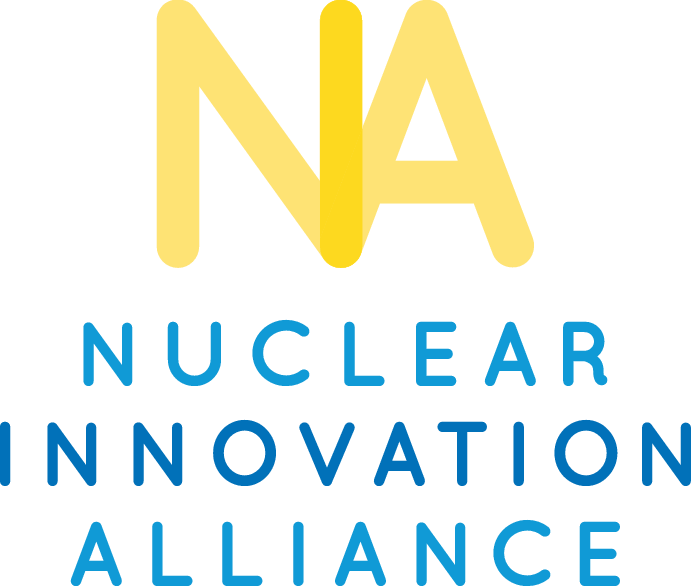
WASHINGTON D.C. This article was published on April 24, 2023 on Utility Dive. To read this article, click here: Efforts to accelerate permitting could learn a thing or two from nuclear energy. The first two paragraphs of the article can be seen below.
Efforts To Accelerate Permitting Could Learn a Thing or Two From Nuclear Energy
In the past, the implicit assumption was that it was OK for it to take years to build energy projects because the status quo was acceptable. We know now that the status quo is not acceptable
After progressives blocked West Virginia Democratic Sen. Joe Manchin’s permitting reform bill in the fall, pundits were quick to scold activists for shooting themselves in the foot over clean energy. The argument from think tanks and universities alike was that the immense greenhouse gas reductions made possible by the Inflation Reduction Act could not be realized without permitting reform, and this was the last chance to pass such legislation before Republicans took control of the House. Many proponents of permitting reform created a narrative that there is an implicit trade-off between building fast and building justly.
We believe this is a false dichotomy. We agree permitting and siting reform is needed, but that its goal should be to undertake environmental reviews and public engagement more effectively and efficiently. When you look at the evidence, the causes of permitting delays are complex, involving a lack of agency capacity, a lack of expertise on niche issues, a lack of a sense of urgency to meet deadlines, a lack of a clearly defined decision point, and poor inter-agency coordination. Even where lawsuits did hold up projects — which was very rare — they were often for legitimate concerns, and could have been avoided through more inclusive and efficient processes. Interestingly, the permitting reform discussion focused on renewable energy and transmission lines but ignored nuclear energy, which has some of the longest permitting timelines in the power sector.
*To read the rest of this article, click on the link to Utility Dive provided above.
* For more information on Good Energy Collective, click the following link: GEC Homepage